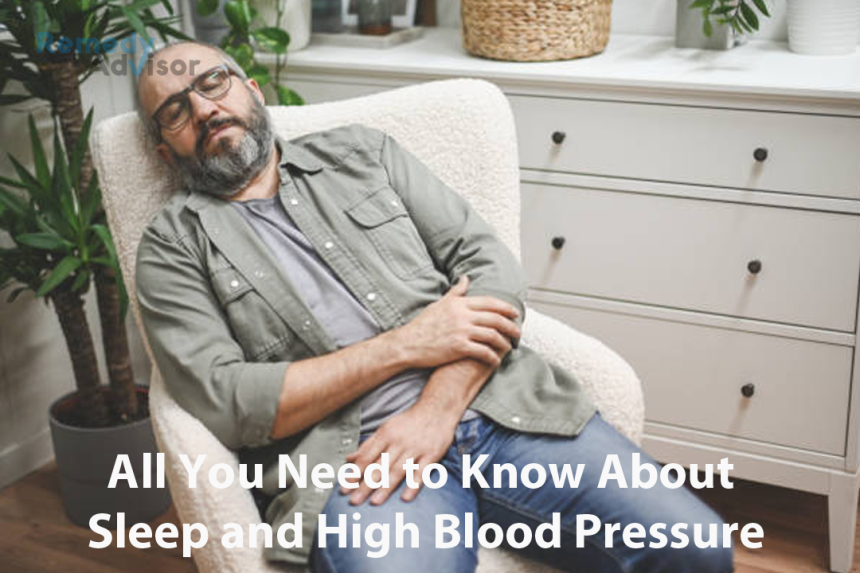A good night’s sleep is essential for everyone’s health, but if you have high blood pressure quality sleep is especially critical. The American Heart Association’s High Blood Pressure Research 2012 Scientific Sessions reported that people with high blood pressure who got six or fewer hours of sleep per night, as well as those who said they did not sleep well, were twice as likely to have resistant hypertension (that’s the kind that doesn’t respond well to three or more medications).
Women appear to face more of a challenge with sleep and high blood pressure than men do. In fact, the report from the same scientific sessions noted that women were more likely to say they suffered with poor sleep quality than were men and that women who had resistant hypertension were five times as likely to also experience poor sleep quality. Other research that same year from Henry Ford Hospital in Detroit reported that people who suffer with insomnia have an increased likelihood of developing hypertension.
Men don’t escape the claws of sleep problems and hypertension, however. Hypertension in men has been associated with males who do not get sufficient deep sleep, and getting fewer than seven hours of sleep at night has been associated with high blood pressure in both men and women.
How Sleep Affects Blood Pressure
What’s the relationship between sleep, insomnia, other sleep problems, and high blood pressure? The truth is, experts are not exactly sure and they admit more research is needed to identify all the factors involved and how they operate.
What experts do know is that insomnia, which is the inability to fall asleep or stay asleep, is the most common sleep problem reported by Americans. About 30 to 40 percent of adults have reported some symptoms of insomnia during any given year, and about 10 to 15 percent say they have chronic insomnia, according to the National Center on Sleep Disorders Research and the National Institutes of Health.
Sleep deprivation also has been linked to obesity. Yes, not getting enough sleep (less than six hours per night) can raise your risk of obesity, which as you know is a risk factor for high blood pressure. Did you ever realize sleep was so important?
Scientists have found that if you get too little sleep the cycle of certain hormones that are involved in regulating your appetite and metabolism are disrupted. In fact, scientists have identified two of the hormones: ghrelin, which triggers hunger; and leptin, a hormone that lets your brain know if you have eaten enough and should feel full. A lack of sufficient sleep also may pro- – mote an increase in how much food you eat and reduce insulin sensitivity, which then increases your blood pressure and your risk of type 2 diabetes.
Therefore, it is clear that sleep disturbances are a significant factor in high blood pressure. What can you do to improve sleep quality and thus your blood pressure? Quite a bit, actually, if you follow the tips provided here. Sleep is critical for achieving and maintaining a healthy blood pressure, so consider the following suggestions for preparing and using your sleep environment. Your sleep/wake cycle is regulated by an internal clock and your pineal gland, which is located deep in your brain. Light affects the pineal gland’s production of hormones called melatonin and serotonin. Levels of melatonin and serotonin are highest at night, but exposure to light can disrupt those levels and thus your sleep.
Although these hormones play a critical role in your health and your sleep, other factors come into play as well. Therefore, here are some tips to help you get the most effective and beneficial sleep possible and to boost your efforts to lower your blood pressure naturally.







